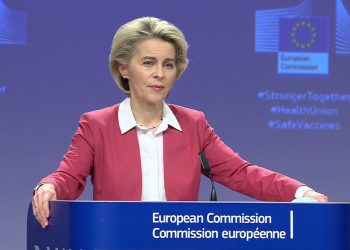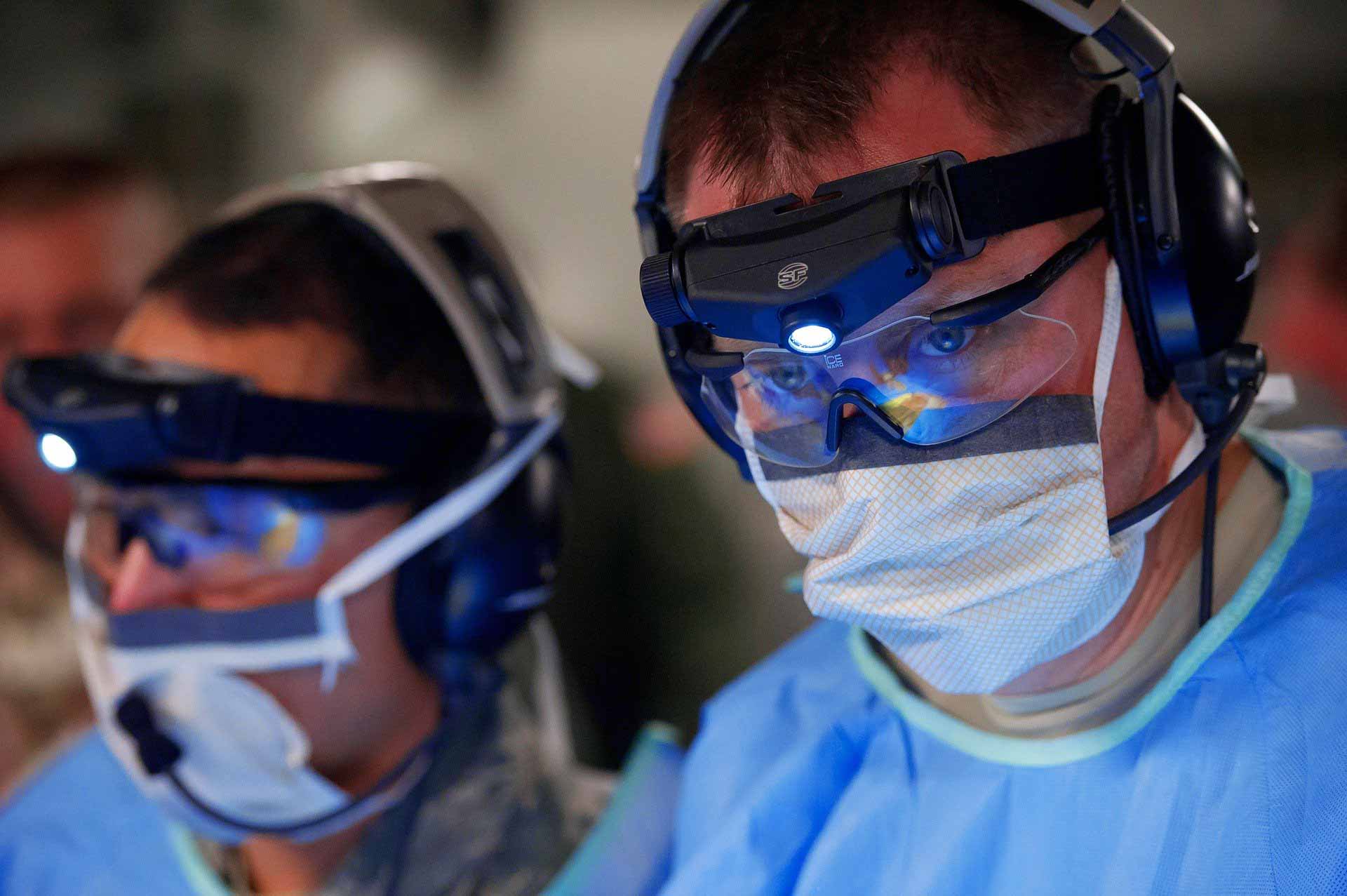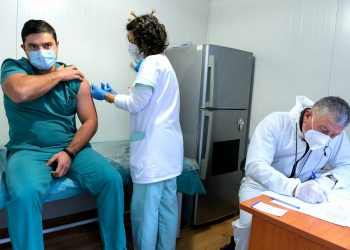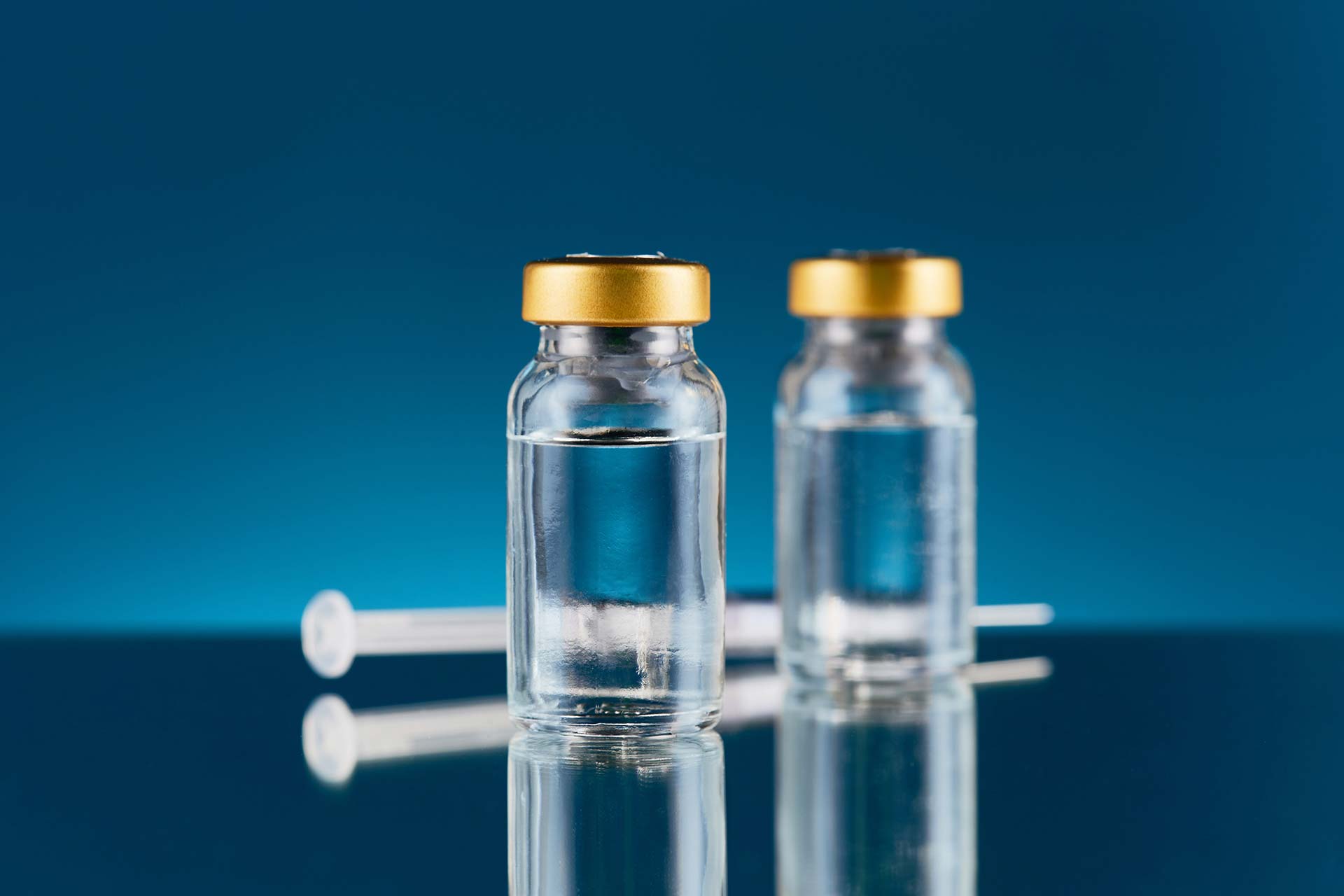European Union has secured up to 2.6 billion doses of COVID-19 vaccines so far and negotiations are underway to speed up vaccine rollout. Vaccine deliveries to EU countries have increased steadily and vaccination is gathering pace. The Commission is also working with industry to step up vaccine manufacturing capacity.
The pace of the EU’s rollout contrasts highly unfavourably with progress in the UK. This has prompted arguments over vaccine exports and the responsibilities of manufacturers, adding to the existing Brexit tension between Brussels and London.
Figures released on 15 March by the European Centre for Disease Prevention and Control showed that just over 15 million vaccines doses were currently unused. The 27 EU countries (minus Malta) plus Iceland, Liechtenstein, and Norway have received 62.2 million vaccine doses but have administered only 46.8 million.
Overall, 9% of people over 18 have received their first dose. But, while countries such as Denmark, Greece, Lithuania, and Poland had used almost all of their deliveries, France and Germany had administered just over two thirds of theirs and Luxembourg only 58%.
EMA investigates AstraZeneca Vaccine and thromboembolic events
Several authorities responsible for national vaccine campaigns in EU countries have temporarily paused vaccination with COVID-19 AstraZeneca vaccine. This is a precaution taken in the light of their national situation while European Medicines Agency (EMA) investigates a number of events of blood clots in people who had received the vaccine, as previously reported.
Events involving blood clots, some with unusual features such as low numbers of platelets, have occurred in a very small number of people who received the vaccine. Many thousands of people develop blood clots annually in the EU for different reasons. The number of thromboembolic events overall in vaccinated people seems not to be higher than that seen in the general population.
WHO urges world not to halt vaccinations as AstraZeneca shot divides Europe
Despite criticism of the EU’s vaccine procurement scheme only three countries have broken away to buy doses from other sources. Hungary’s national regulators granted a licence to Russia’s Sputnik V vaccine for emergency use, as countries can do under European Medicine Agency rules. By 7 March this represented 7.2% of all doses administered in the country. Czechia and Slovakia have since followed Hungary’s lead.
Hungary is the only EU country also using China’s BBIBP-CorV vaccine. It has ordered five million doses, which currently account for 21.3% of administered vaccinations.
Vaccines rollout vs. NEW variants
At the same time it has started work to tackle new variants, aiming to rapidly develop and produce effective vaccines against these variants on a large scale. The HERA Incubator will help respond to this threat.
The EU is committed to ensuring that safe vaccines reach all corners of the world. The Commission and EU countries have pledged over €2.2 billion to COVAX, the global initiative aimed at ensuring equitable access to COVID-19 vaccines, and are supporting vaccination campaigns in partner countries.
Commission proposes a Digital Green Certificate
On 17 March, the European Commission proposed to create a Digital Green Certificate to facilitate safe free movement inside the EU during the COVID-19 pandemic. The certificate will be a proof that a person has been vaccinated against COVID-19, received a negative test result or recovered from COVID-19. It will be available free of charge, in digital or paper format.














